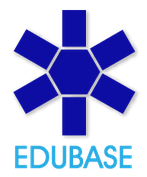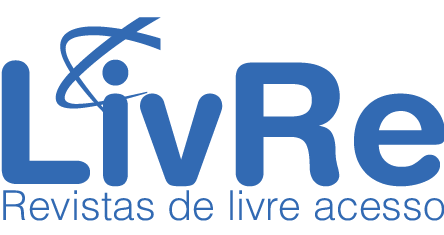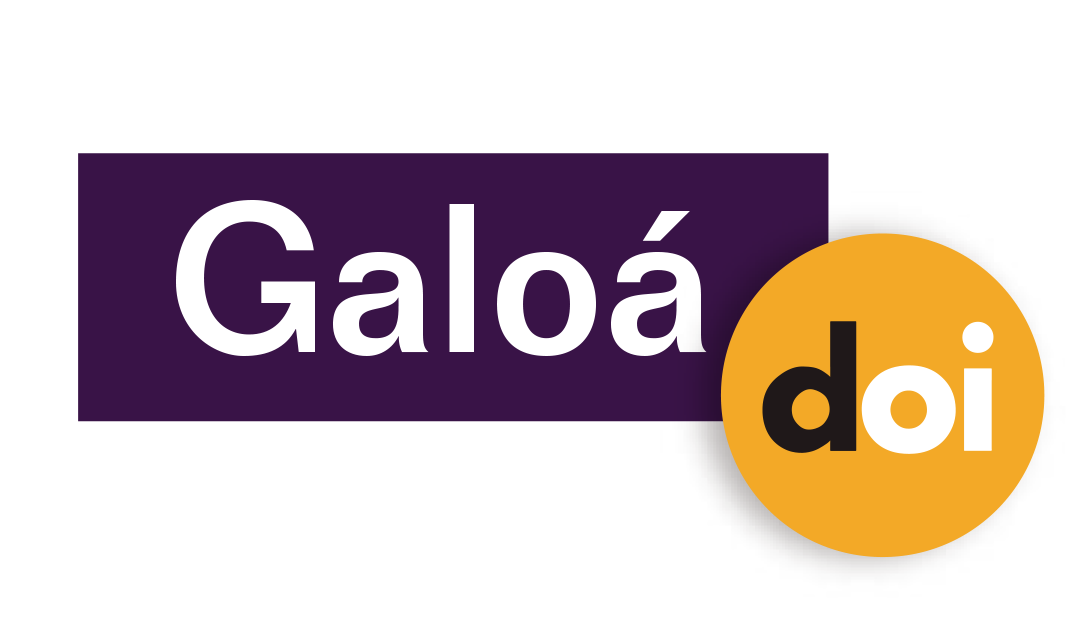Research in the Field of Creativity in Mathematics: Directions and Perspectives on the International Scene
Resumo
Background: The field of studies on mathematical creativity is relatively new in Brazil. The first records of empirical research in this field are from the first decade of this century. As a way of contributing to the consolidation of this field, we present an overview of research on mathematical creativity in the international scenario, based on the productions published in the conference proceedings of the International Group for Mathematical Creativity and Giftedness. Objectives: The article seeks to answer the following questions: What elements have prevailed in the conceptualisation of mathematical creativity? What is the focus of research questions and/or research objectives? What methods/methodologies were used in the research? Design: Research mapping, with information extracted from a form structured by the researchers. Settings and participants: Were analysed the works published in the proceedings of the conferences promoted by The International Group for Mathematical Creativity and Giftedness, held in 2014, 2015, 2017, and 2019. Data collection and analysis: Thirty-five papers that met the following criteria: to be a research report, to be characterised as a complete work, and to have as an object of investigation the mathematical creativity at different levels of teaching and/or in teacher education were selected. Results: Different concepts for creativity in mathematics were identified, which vary according to the focus of the research, sometimes emphasising the creative person, and sometimes emphasising the creative process in mathematics. Most of the studies were developed with elementary and high school students. Different research methods/methodologies were also identified, with a predominance of qualitative approaches. Conclusions: The analysis carried out allows us to highlight the need for attention to new studies, especially in relation to correlational studies and longitudinal studies.
Palavras-chave
Mathematical creativity; Creative thinking in mathematics; Creative process in mathematics
DOI: https://doi.org/10.17648/acta.scientiae.7233
Apontamentos
- Não há apontamentos.
Direitos autorais 2023 Cleyton Hércules Gontijo, Mateus Gianni Fonseca, Alexandre Tolentino de Carvalho, Wescley Well Vicente Bezerra

Esta obra está licenciada sob uma licença Creative Commons Atribuição 4.0 Internacional.
ANÚNCIOS
Informamos que, a partir de outubro de 2024, a revista Acta Scientia volta a aceitar submissões de artigos para publicação.
Mais, informamos que sites fraudulentos, https://periodicos-ulbrabr.org e https://periodicos-ulbrabra.org, estiveram se passando pela Acta Scientiae, utilizando nosso nome e identidade visual e até solicitado taxas de APC, que nós não cobramos. Aconselhamos cautela para evitar serem enganados por sites semelhantes.
Conceito A2 na Capes(2021)
Índice h5 do Google Scholar: 13
Índice mediana h5 do Google Scholar:24
eISSN: 2178-7727
Indexações:
A Acta Scientiae é indexada em: | Scopus |  | Latindex |  | Edubase (SBU/UNICAMP) |
 | Sumarios.org |  | Google Scholar |  | Portal LivRe (CNEM) |
 | Journals for Free |  | REDIB |  | Galoá DOI |

Todos os trabalhos publicados aqui estão sob uma licença Creative Commons - Atribuição 4.0 Internacional.
